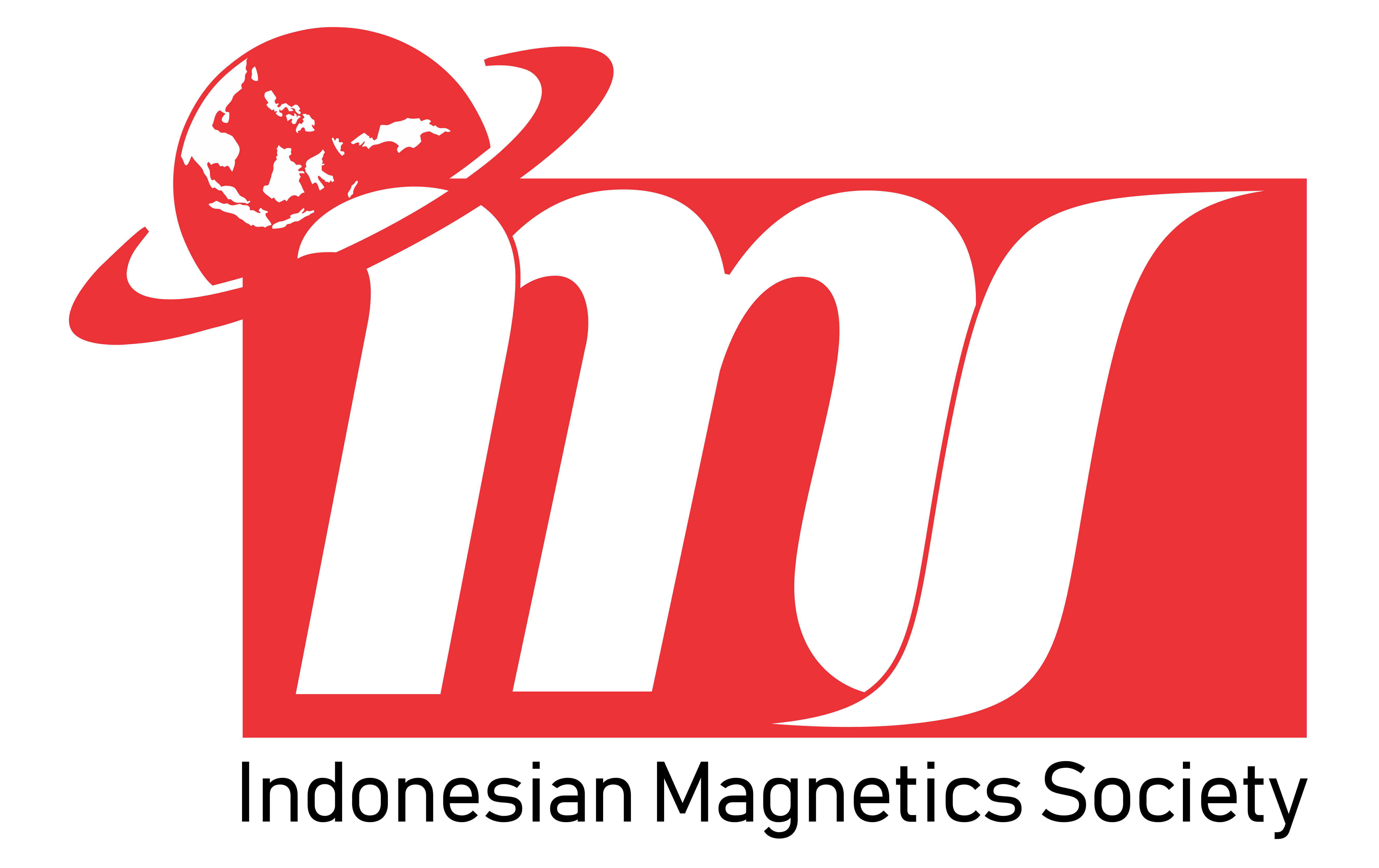Application of problem based learning model to learning outcomes of student in light matter in the class VIII SMP Negeri 1 Ledo kabupaten Bengkayang
Abstract
This study aims to determine: (1) student learning outcomes after application of the model Problem Based Learning on the material light in class VIII SMP Negeri 1 Ledo Bengkayang, (2) student learning outcomes after application of conventional learning models on the material light in class VIII SMP Negeri 1 Ledo Bengkayang, and (3) a comparison between student learning outcomes after application of Problem Based learning and conventional learning models in light of the material in class VIII SMP Negeri 1 Ledo Bengkayang. This study design is Nonequivalent Groups Post-Test Only Design. The study population was all students of class VIII SMP Negeri 1 Ledo consisting of four classes, namely class VIII A, VIII B, C VIII and VIII D. The research sample was determined by random cluster sampling technique and obtained a class VIII A as the experimental class and class VIII C as the control class. The data collection technique used is the technique of measurement, with the data collection tool is test description. The hypothesis was tested using the t test of the parties. Based on the analysis concluded that: (1) the average student learning outcomes after application of the model Problem Based Learning on light material in class VIII SMP Negeri 1 Ledo Bengkayang is 73.24, (2) student learning outcomes after application of conventional learning model in the light of the material in class VIII SMP Negeri 1 Ledo Bengkayang is 69.82, and (3) student learning outcomes after application of the model Problem Based learning is better than the student learning outcomes after application of conventional learning models in light of the material in class VIII SMP Negeri 1 Ledo Bengkayang
Keywords
Full Text:
PDFReferences
Adi, Nugroho Prasetya; Ayu N. M, Ngurah and Nuvitalia, Duwi. (2014). Penerapan Model Pembelajaran Problem Based Learning Pokok Bahasan Kalor untuk Meningkatkan Hasil Belajar Siswa Kelas X SMA N 11 Semarang. Prosiding Mathematics and Sciences Forum 2014.
Gallagher, Shelag A. and Gallagher, James J. (2013). Using Problem Based Learning to Explore Unseen Academic Potential. IJPBL Interdisciplinary Journal of Problem-Based Learning. 7(1), pp.111-131.
Hapsari, Rr. Tri Sumi. (2011). Penerapan Model Pembelajaran Kontruktivisme untuk Meningkatkan Hasil Belajar IPA. Jurnal Pendiddikan Penabur. 16, pp. 34-45.
Kanginan, Marthen. (2007). IPA Fisika untuk SMP Kelas VIII. Jakarta: Erlangga.
Kharida, L. A.; Rusilowati, A.; and Pratiknyo, K. (2009). Penerapan Model Pembelajaran Berbasis Masalah untuk Peningkatan Hasil Belajar Siswa pada Pokok Bahasan Elastisitas Bahan. Jurnal Pendidikan Fisika Indonesia 5, pp. 83-89.
Lisna; Jusuf, Ridwan; Masrifah. (2015). Penerapan Model Pembelajaran Berbasis Masalah untuk Meningkatkan Hasil Belajar Siswa pada Pokok Bahasan Getaran dan Gelombang di SMP Negeri 1 Kota Ternate. dalam Prosiding Seminar Nasional Fisika (E-Journal) SNF 2015 Volume IV.
Sanjaya, Wina. (2010). Strategi Pembelajaran Berorientasi Standar Proses Pendidikan. Jakarta: Kencana.
Sudjana, Nana. (2005). Penialian Hasil Proses Belajar Mengajar.Bandung: PT. Remaja Rosdakarya.
Sugiyono. (2013). Metode Penelitian Pendidikan. Bandung: Alfabeta.
Wahyudi, W. (2015). Analisis Kontribusi Sikap Ilmiah, Motivasi Belajar dan Kemandirian Belajar terhadap Prestasi Belajar Mahasiswa Prodi Pendidikan Fisika STKIP PGRI Pontianak. JEMS Jurnal Edukasi Matematika dan Sains. 1(2), pp. 20-3.
Wulandari, Bekti. (2013). Pengaruh Problem Based Learning terhadap Hasil Belajar Ditinjau dari Motivasi Belajar PLC di SMK. Jurnal Pendidikan Vokasi. 3(2).
Refbacks
- There are currently no refbacks.







